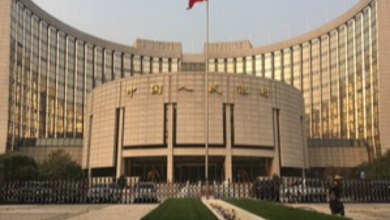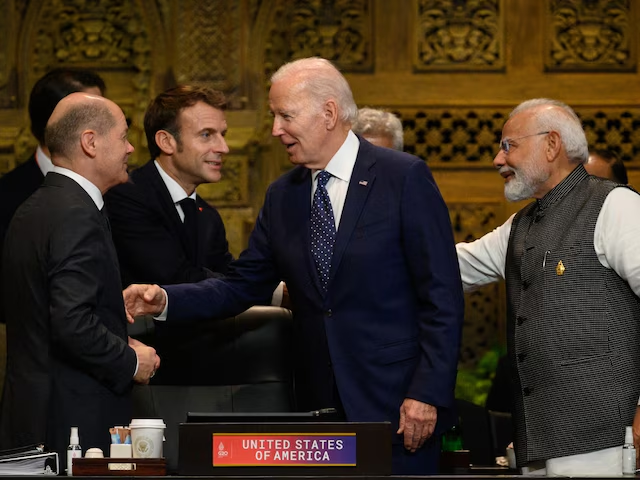Legislators in California want more stringent laws governing driverless cars
Following mishaps involving self-driving taxis from General Motors and Alphabet, politicians and labor organizations in California staged a protest on Monday to demand legislation prohibiting autonomous trucks without human drivers.

The most severe assault against autonomous cars in the United States to date occurred on Saturday when persons celebrating Chinese New Year set fire to a robotaxi belonging to Alphabet’s Waymo.This follows a severe accident in October when a GM Cruise robotaxi struck and pulled a person 20 feet (6 meters) and a Waymo car that struck a bike at a municipal crossroads last week.
Vandalism like this reflects the chaotic state of robotaxis in San Francisco, where the public’s anger has grown because to incidents involving dragging and bicyclists. Two measures introduced by state legislators aim to impose more stringent controls.
According to Senator Dave Cortese, the proponent of a plan that would also grant cities authority over AV licenses and the enforcement of AV-related regulations, “those accidents have put an exclamation point on the need for legislation.” Permitting is now solely the domain of state authorities.
The second law mandates that autonomous vehicles weighing more than 10,001 pounds—which includes commercial trucks—be driven by a human driver who has received training.
At the event on Monday, State Assembly member Cecilia Aguiar-Curry stated, “It’s a common sense measure that keeps humans on board a truck until we have a plan for our workers and we’re sure that tech bros aren’t jamming unsafe technology down our throats.”
Legislators in the state approved a previous version of the same truck bill last year, but Governor Gavin Newsom vetoed it, arguing that the safety measures already in place were sufficient. In light of the Cruise disaster, it was reintroduced on Thursday in the state legislature.
One of the largest unions in America, the Teamsters, has long opposed the use of autonomous vehicles (AVs), claiming job losses and safety risks. The Teamsters support both proposals.
Vice President of the union Peter Finn said that the Waymo and Cruise accidents “show that this technology is not ready for prime time and that we can’t trust these big tech corporations to regulate themselves.”
The tech industry plays a significant role in California’s economy, and some people find it difficult to understand why laws governing autonomous cars are being tightened.
Requests for comment about proposals for more regulation and growing safety concerns were not immediately answered by Waymo. Cruise has conceded that it handled the October accident incorrectly and made a settlement offer to end a state regulator’s inquiry.
A lot of states, including Texas and Arkansas, permit the testing and use of autonomous vehicles. Although heavy-weight autonomous vehicles are now prohibited in California, laws allowing them are currently being developed. That procedure would be hampered by the truck bill’s reintroduction.
A spokesman for Governor Newsom told Reuters that he “will evaluate the bill on its merits if it reaches his desk,” refusing to provide any details on the proposed law.
Due to its limited use on public roads, autonomous trucks have not been involved in any high-profile collisions.
The local police are looking into the Waymo events, while Cruise is the subject of many investigations, one of which is being conducted by the Department of Justice.







